Indigenous voice could help ‘fix’ school retention
First Nations Australians are more likely to go to jail than university, Jason Clare lamented last night as he pledged to improve schooling for disadvantaged students.
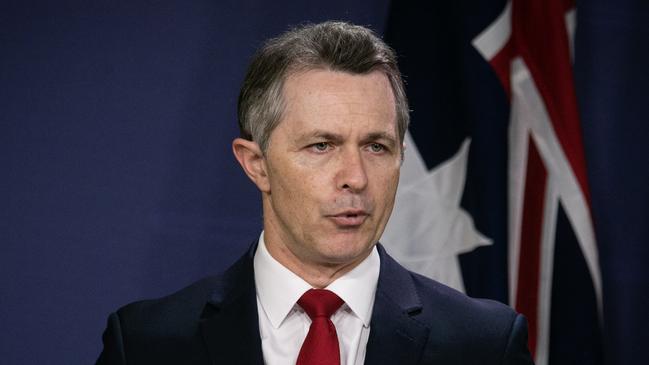
First Nations Australians are more likely to go to jail than university, federal Education Minister Jason Clare lamented last night as he pledged to improve schooling for disadvantaged students.
Championing a First Nations voice to parliament, Mr Clare told the Universities Australia conference in Canberra that a “modest change to the Constitution could change the lives of a lot of people’’.
He said Aboriginal and Torres Strait Islanders needed a voice “because they are less likely to finish school’’.
“They are more likely to go to jail than university,’’ he said.
Non-Indigenous Australians are four times more likely to have a university degree than Aboriginal and Torres Strait Islanders, Australian Bureau of Statistics data shows.
Only 7.4 per cent of First Nations adults hold a degree, compared to the Australian average of 26 per cent. Aboriginal and Torres Strait Islanders make up 2.8 per cent of the population, yet only 1.5 per cent of university students.
They account for nearly one in three prisoners, with an imprisonment 11 times higher than the general population.
Nearly 60 per cent of Aboriginal and Torres Strait Islander students missed at least a month of school in 2021, compared to a quarter of non-Indigenous students, based on data from the Australian Curriculum, Assessment and Reporting Authority. “Attendance rates ... have continued to decline, especially in remote and very remote communities, and especially during the Covid-19 pandemic,’’ ACARA states.
In the 2022 national numeracy and literacy tests, NAPLAN, one in three Aboriginal and Torres Strait Islander teenagers failed to meet the minimum standard for reading in year 9, compared to one in 10 non-Indigenous teens.
Mr Clare pledged to improve outcomes for First Nations Australians, starting in early childhood education.
He said disadvantaged students were falling behind their classmates at school every year.
“If you are a child from a poor family or from the bush or are an Indigenous Australian, you are three times more likely to fall behind at school today,’’ he said.
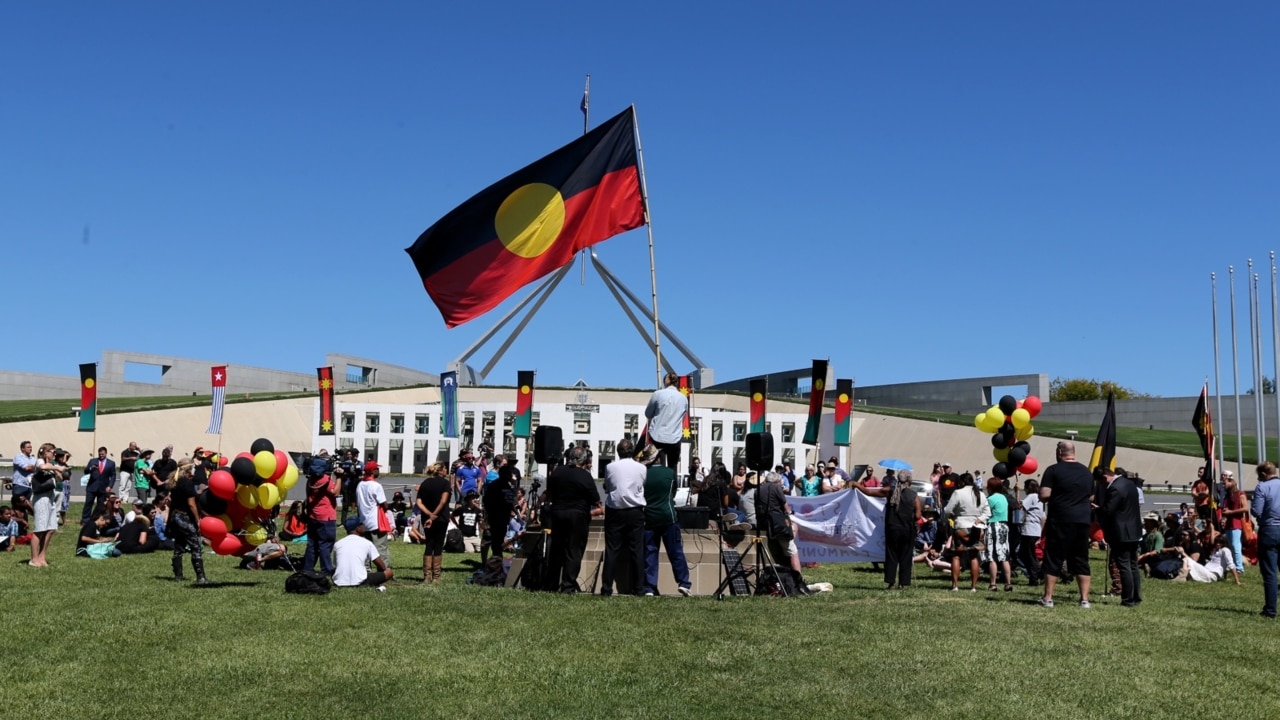
“If you are a child from a poor family you are less likely to go to preschool, you are less likely to finish high school and you are less likely to get a university degree.
“I want us to fix that.’’
Mr Clare pledged to work with states and territories to fund all public schools to 100 per cent of the Schooling Resource Standard – a measure of essential funding for each school based on student need. But he did not set a deadline, and ruled out a “blank cheque’’, insisting that money must be tied to reforms and quality teaching – including small-group tuition for struggling students.
“Funding is important, but so is what it is spent on,’’ he said.
“This is our last best chance to really shift the dial, to tie funding to the sort of reforms that will build a better and fairer education system.’’
Earlier, Mr Clare said he was “not interested in blank cheques’’ as part of the next Schooling Reform Agreement to be negotiated with state and territory governments. “I do want to make sure that we’ve got money tied to the sort of practical reforms that are going to help children catch up,’’ he told the Today show.
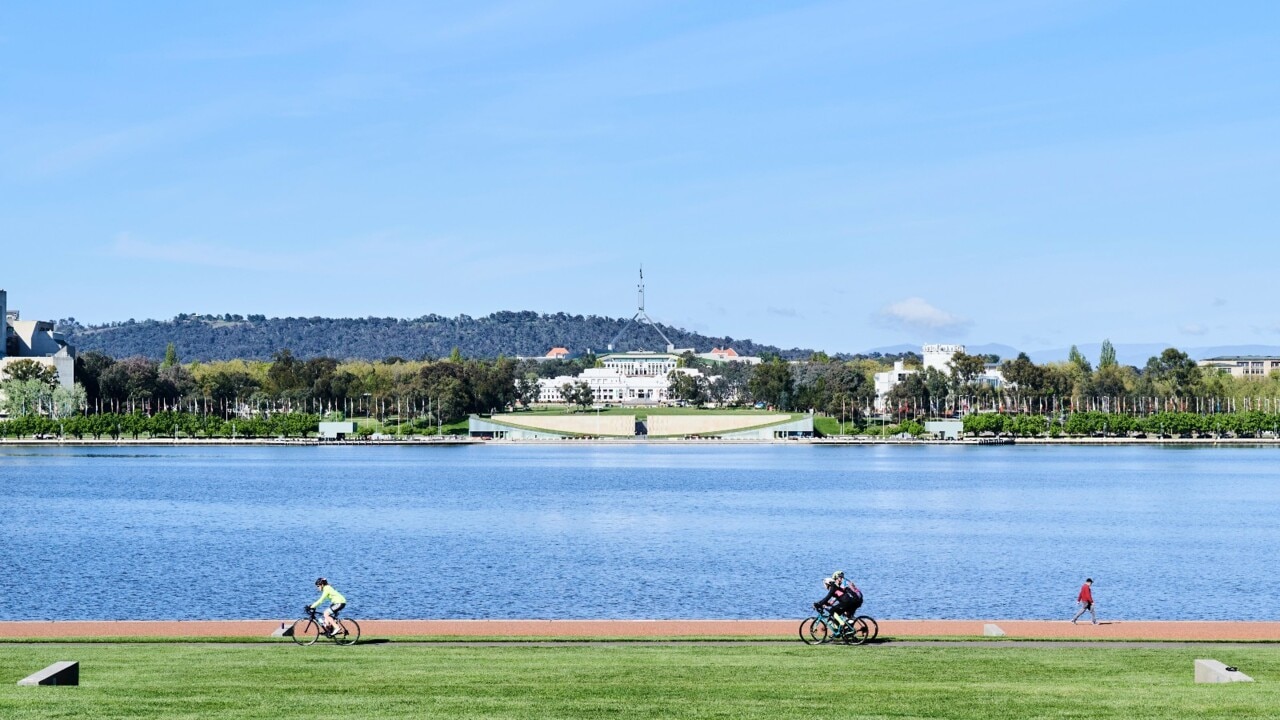
“Small group tutoring where you might have a teacher and a couple of students who are falling behind in a class, brought out of the class and provided with that catch up support.
“If you don’t do that, children are going to fall further behind and they’re less likely to finish school and go on and get great jobs.’’
South Australian Education Minister Blair Boyer demanded the federal government boost its share of funding to public schools by 5 per cent.
“There is simply not enough funding available to address the wide and varied needs of the public education system,’’ he said.


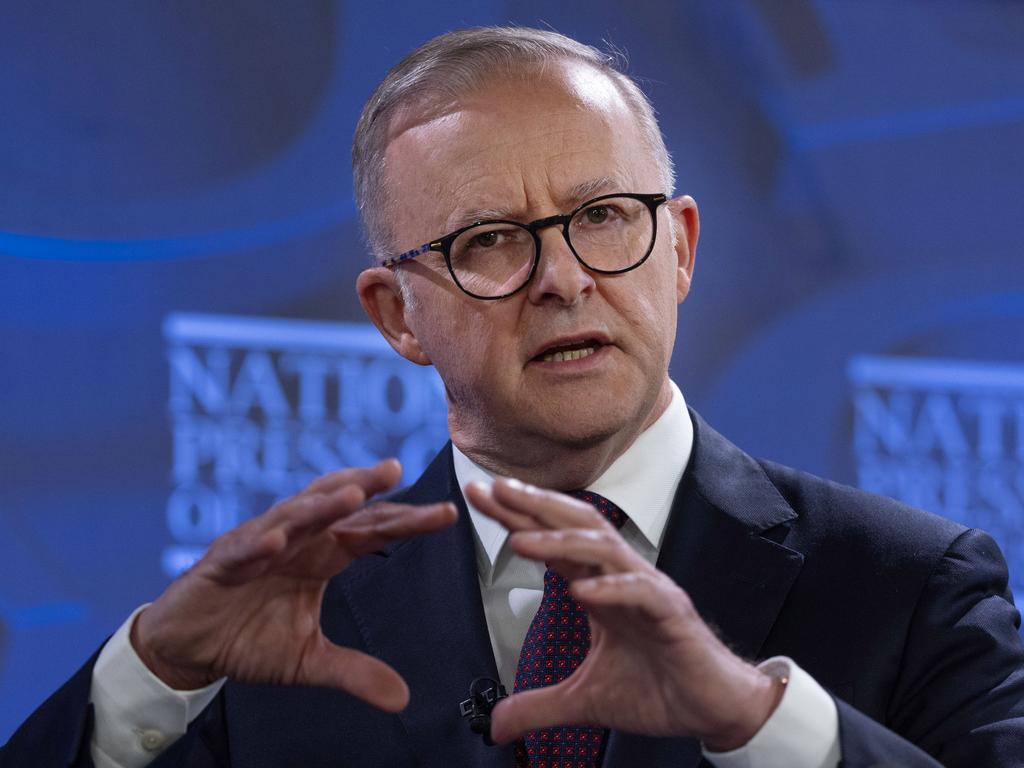
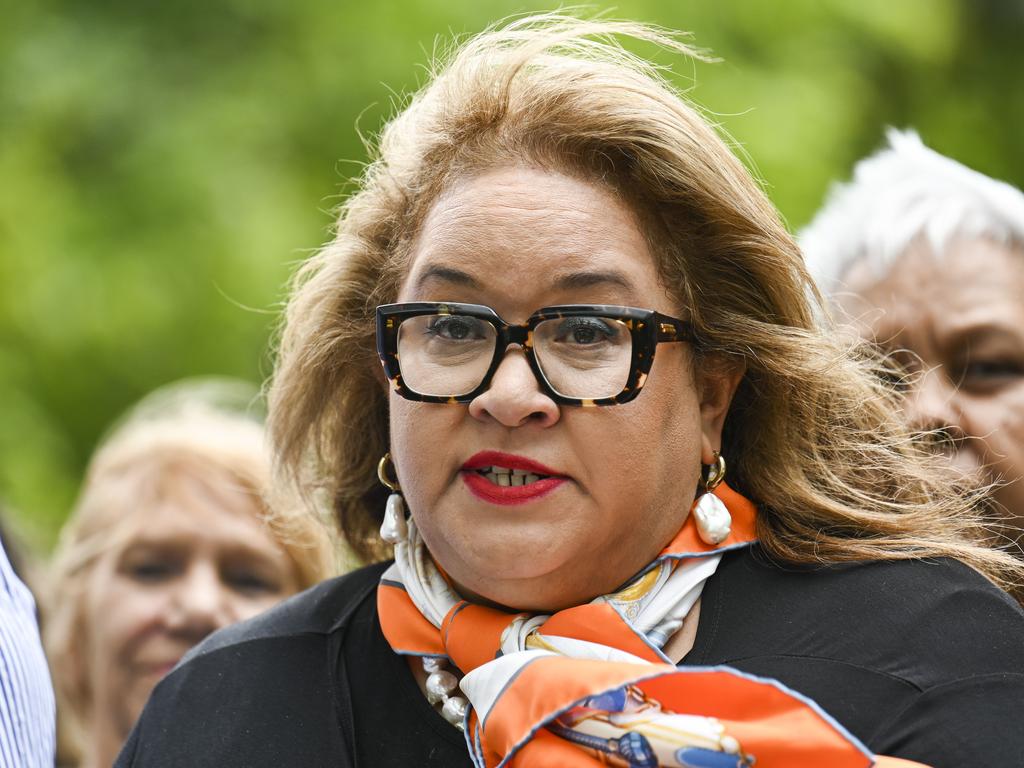
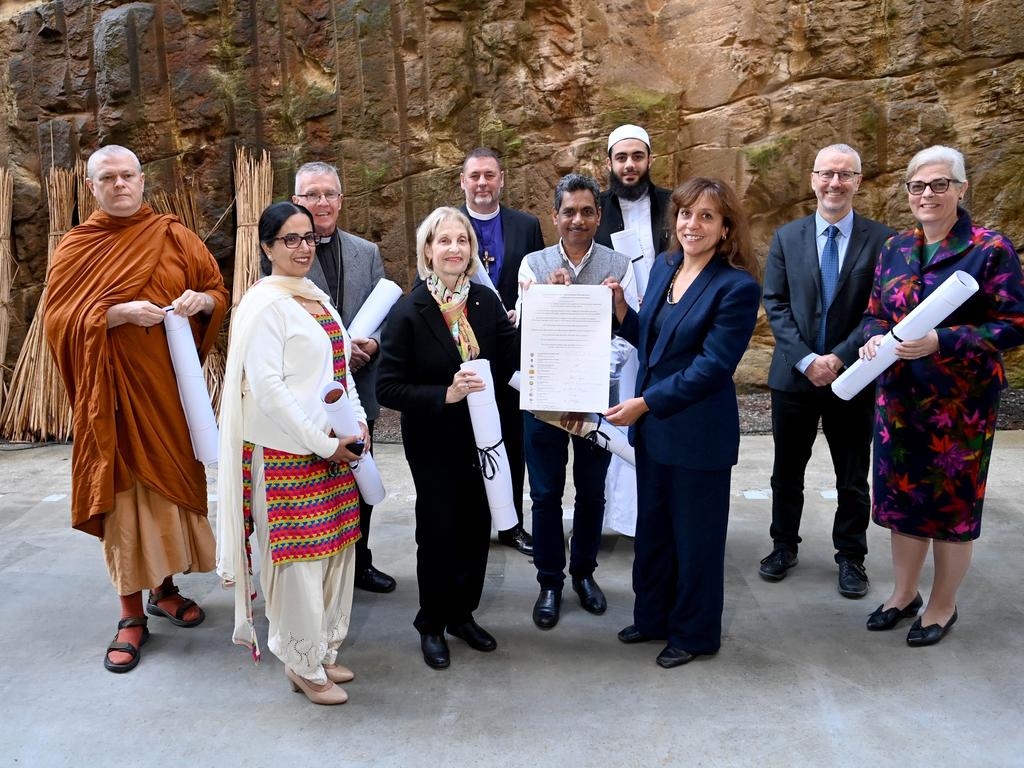
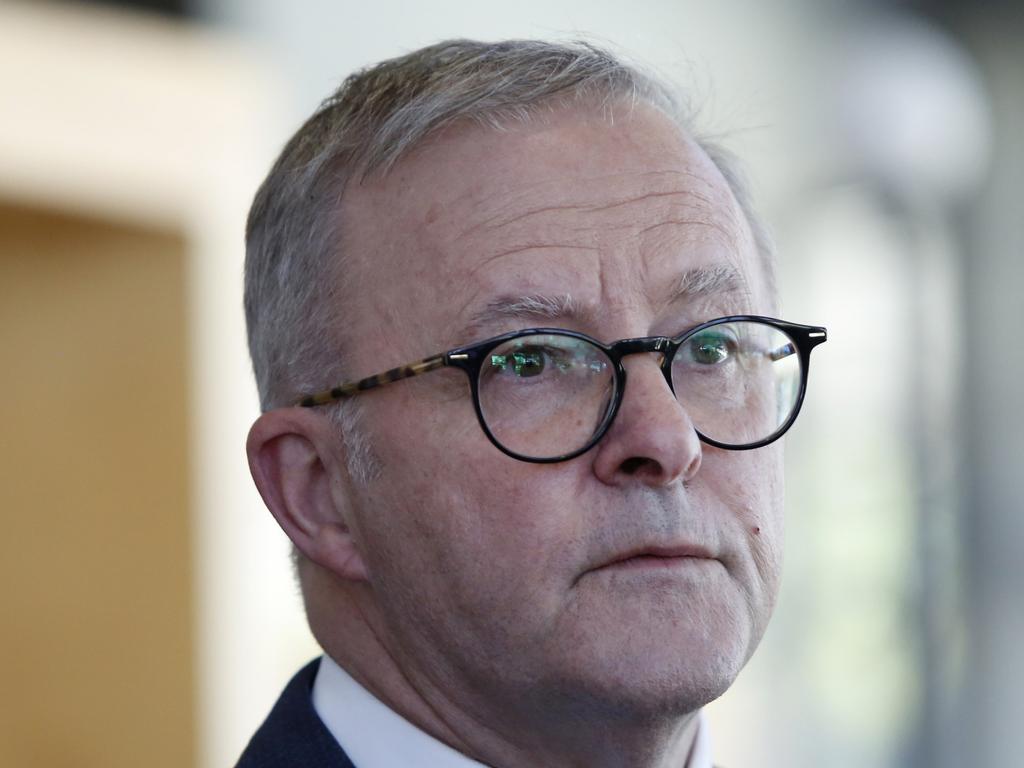


To join the conversation, please log in. Don't have an account? Register
Join the conversation, you are commenting as Logout